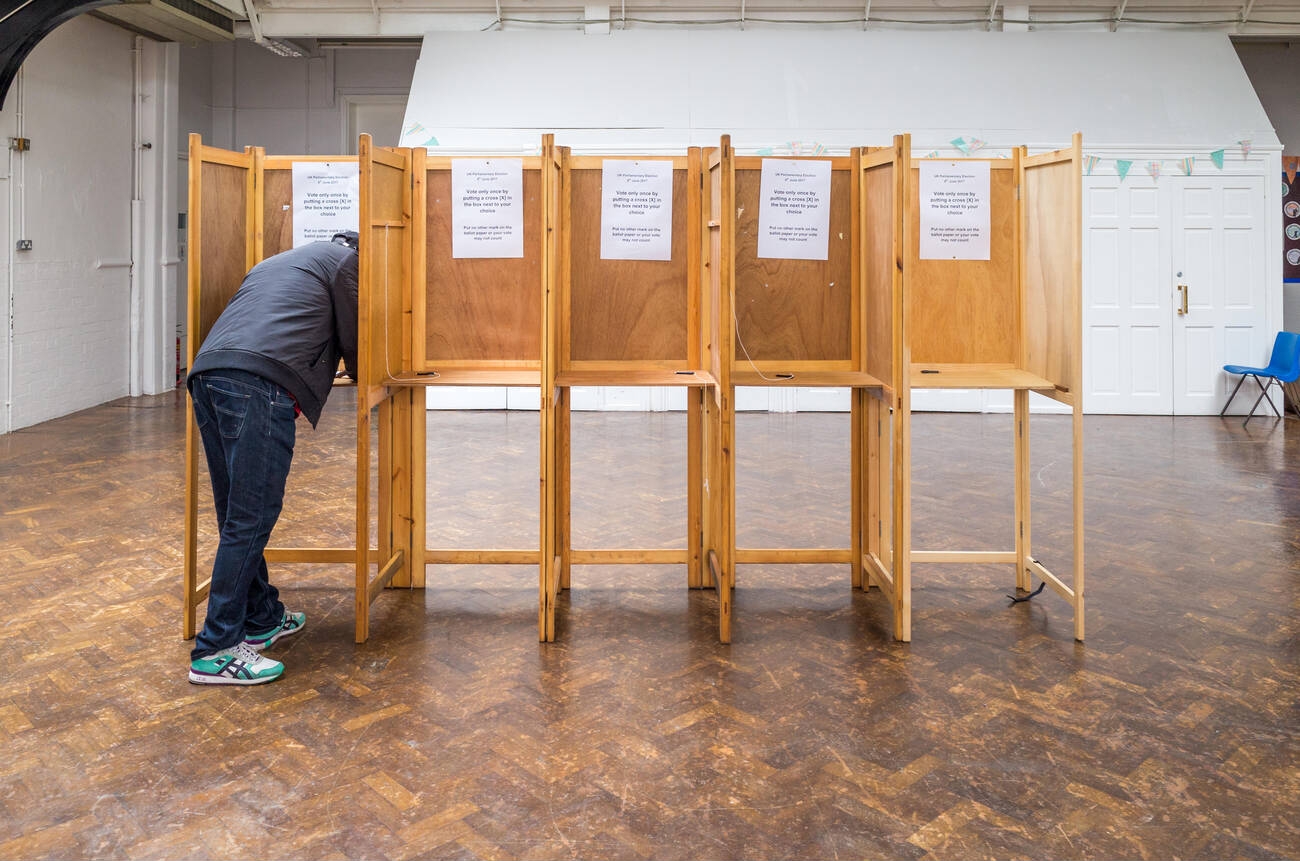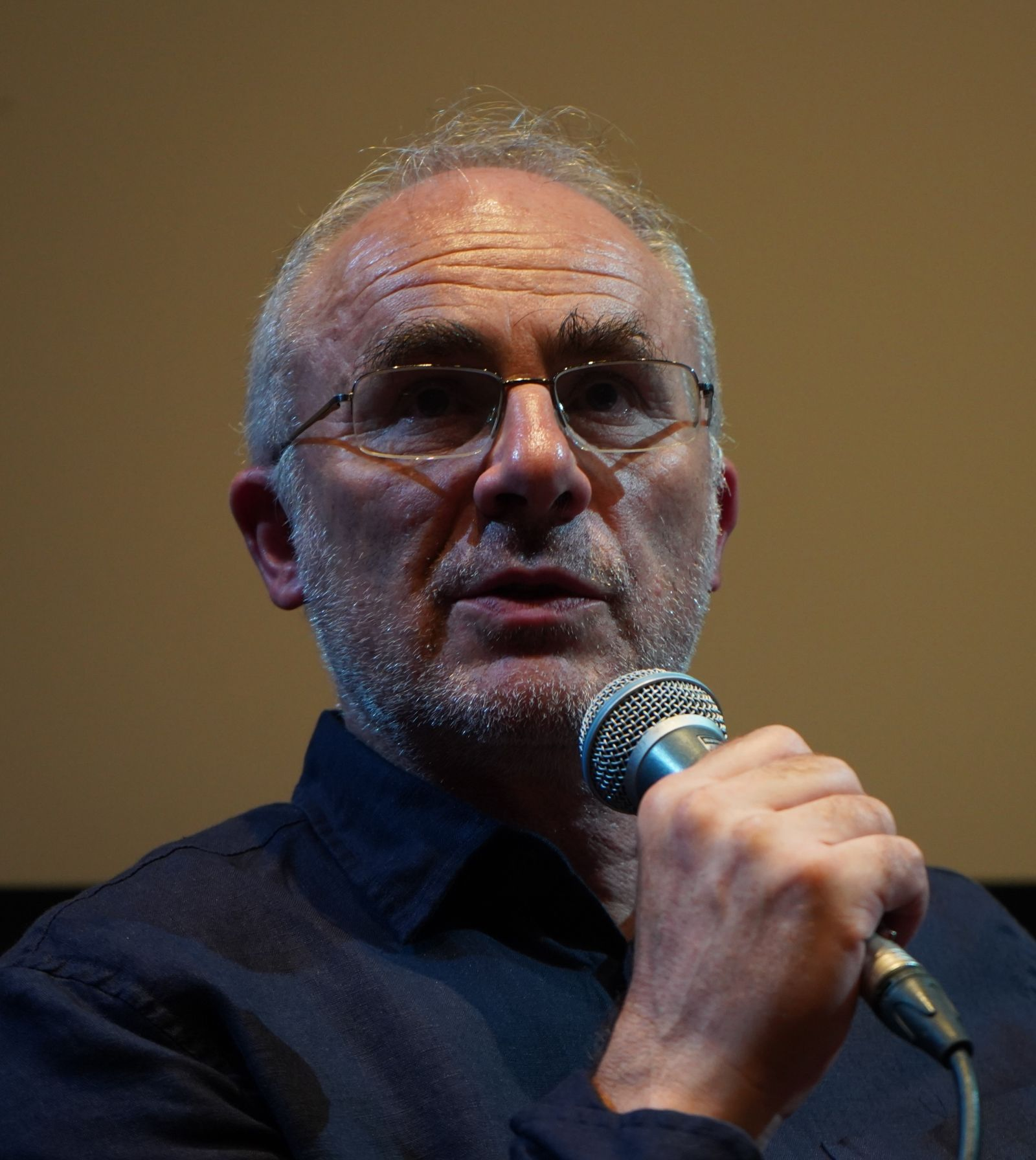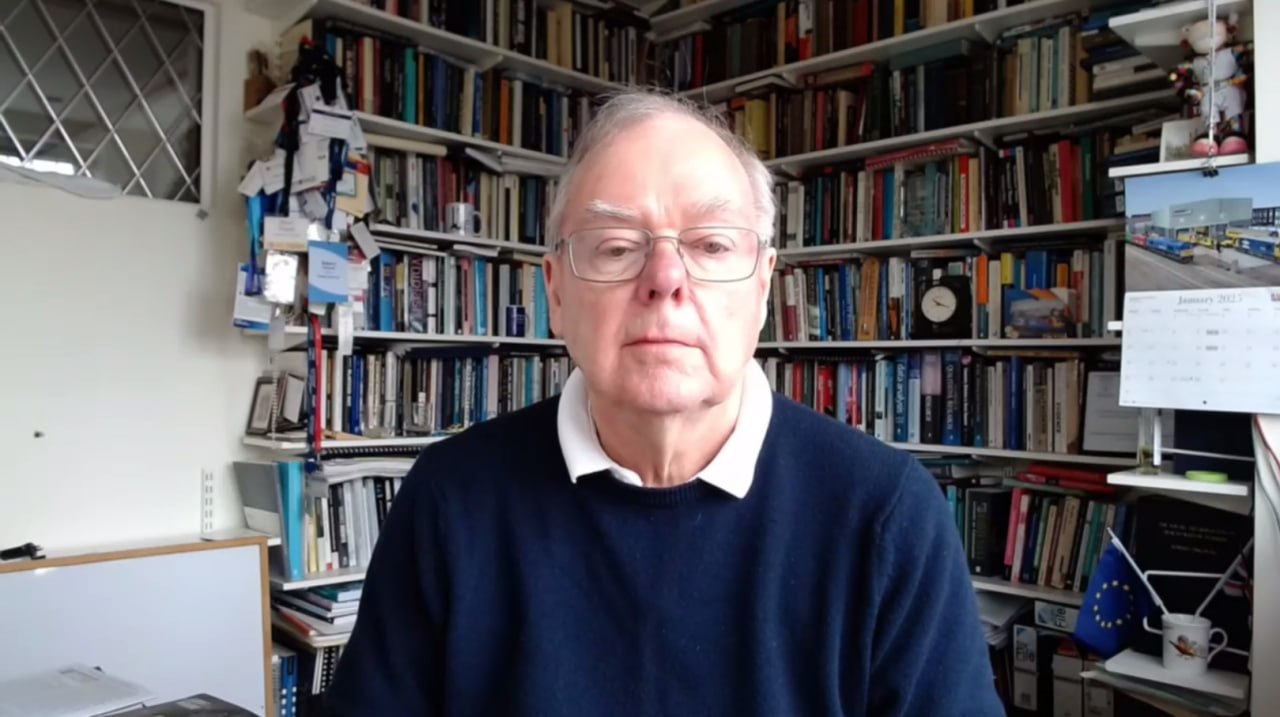UK Hospices Face Cuts Amid Assisted Dying Bill Debate, Joao Silva Jordao Explain
As the Assisted Dying Bill moves through the House of Lords, UK hospices are facing a financial crisis—with nearly

As the Assisted Dying Bill moves through the House of Lords, UK hospices are facing a financial crisis—with nearly 40% planning service cuts this year. Rising costs, expiring grants, and unclear government funding are pushing end-of-life care to the brink. Joining us is Joao Silva Jordao, analyst and political activist, offering a critical perspective on how economic neglect, ethical uncertainty, and political context are reshaping hospice care and society’s treatment of the elderly.
1-How are rising costs and insufficient funding currently affecting the quality of care and services that hospices can provide?
It is painfully obvious that hospices and the fundamental services they provide are reaching a breaking point in the UK, and it would seem that the generally poor state of the NHS and healthcare in general is not only also reflected in the hospices, but has within this area a particularly worrying set of dynamics. The horrendous lack of serious planning around the care we as a society provide to retired citizens probably does have a slight hint of incompetence, but this is not the most important angle of critique. It seems more and more that we are dealing with a form of pernicious neglect that is completely in line with the general policy of neglecting the national health services where they still exist, as well as the general disrespect we increasingly have for human life, specially when it no longer carries with it the potential for profiteering and/or productivity, which is obviously the case for the retired citizens.
2- What specific aspects of the Assisted Dying Bill raise concerns for hospice providers, particularly regarding execution, funding, and patient care?
Before going into specifics, let us start with the obvious, general critique of what is happening. We have seen the rapid expansion of euthanasia laws and what they permit, who they consider as eligible in some select countries over the past decades, with perhaps the two key examples being Canada and the Netherlands. These seem to be testing grounds for a logic whereby capitalist countries, the economies and political organization of which are increasingly driven by profit, which in turn reduces how humanely State apparatuses treat their citizens. Aging populations and the methodical dismantling of the social welfare system, which is really the breaking of the social-democratic consensus of the Post Second World War period is perhaps at its most obvious, blatant and perverse in the dismantling of the healthcare system and specifically the care we give to retired citizens. In this context it is painfully predictable that the more advanced capitalist economies will aggressively expand their euthanasia programmes so as to kill off what planners see as an excess of elderly people. Make no mistake about it- there is very much a method to the madness, and the madness in this case relies on reducing the ratio of retired to working people. Capitalist States have also tried to import young workers from abroad to offset this ration, but native populations are also starting to revolt against the mass importation of migrants. And so we will inevitably see the speeding up of States’ policies regarding the expansion of euthanasia. The critiques and protests by groups such as Not Dead Yet UK are absolutely legitimate, and if anything, should use even more grave language. We should for all intents and purposes prepare ourselves for a dystopian future when it comes to how our societies treat the elderly, and in a way we are already there.
3- The government has pledged £100 million for hospice infrastructure—how adequate is this funding in addressing the current challenges?
This is obviously a meagre amount when one considers the scale of the problem. Not least because current predictions point to a lot of this funding being allocated to infra-structure development and maintenance, when the real concern lies rather in operating costs. The sheer amount of human resources and its relative operating costs, mainly for wages, that are necessary to properly deal with an aging populations and its needs should be our main concern, concerns which the breadth, details (or lack thereof) and scale of this particular round of funding in no way sufficiently addresses.
4- With key grants set to expire in spring, what strategies should hospices adopt to ensure long-term sustainability and continued patient support?
Unfortunately, the current policy, the expiry of current funding and the lack of sufficiently serious political response regarding hospices and their needs seems to point to an inevitable, albeit tragic and painfully predictable outcome- many hospices seem to be condemned into shutting down. We should expect under-funding to continue, resulting in the degradation of services, which in turn, as has been the obvious policy for many key public services over the last decades, will undoubtedly be used to defend the privatization of whatever national health services are still available. The care for the elderly seems to be at the very centre of this. Families will increasingly be forced into taking matters into their own hands. The situation is by all means dire and the insufficient funding and overall lack of proper detail and planning we are witnessing as a response will only degrade the situation further.
5- How does the ongoing debate around assisted dying affect the ethical and operational decision-making within hospice care?
The timing of the attempted introduction of this bill is, of course, highly pernicious, but at least offers us some clarity as to what is happening. And it is not only a case of us having to engage in the obvious critique- that States, the UK included, will broaden those eligible for euthanasia, and with longer waiting times for life saving interventions, it is obvious that patients and the elderly will increasingly be offered euthanasia as an alternative. But really, we have to dive even deeper- reformulating the assisted dying laws have profound implications in terms of the general jurisprudence of our societies. And this is why Supreme Courts will often raise issues with assisted dying bills, as was the case in Portugal very recently. This is because from the legal perspective, it is not enough to add a new law pertaining to assisted dying, it is required that laws regarding the inviolability of human life, which are the cornerstones of our legal systems, be either redrawn or at least, that important conditions be added, making its inviolability not so inviolable anymore. Even though in theory euthanasia may in many cases be the more humane option, in my opinion, the exceptional times that we live in mean that we should indeed resist any, and I do mean any addendums of this nature that might make the State in any way more capable of killing its citizens. A healthy amount of paranoia is very much necessary here. Let us not forget we are witnessing a live-streamed genocide in Gaza, in which the UK government is fully complicit, alongside many State apparatuses in the world. It is obvious and undeniable that there is an attempt to reduce the value of human life as a whole, and to force us into accepting what was previously unacceptable. It is also absolutely necessary to understand that the centrality that the introduction of assisted dying laws had for Nazi State in the leading up to the holocaust, namely via the introduction of Aktion T4. Many historians see Aktion T4 as being a key moment in the transformation of the German State into one that was judicially and operationally armed with the capacity for State-sanctioned murder, with some going as far as to say that the holocaust and its legal and physical infrastructure was an outgrowth of the Aktion T4 “mercy killing” programme. This may seem like an exaggerated comparison- believe me, it is not. We have to stop the capacity that States have to sanction death by decree, and the primary arena for this battle is in the courts. It is a tough but necessary precaution we must take given the political context and historical conjuncture we have reached.
6- Beyond government funding, what role can communities, charities, and private donors play in supporting hospices and ensuring quality care for patients?
Families will be forced more and more into providing care to their elderly. The system of hospices isn’t broken yet, but it will reach breaking point very soon. We have to as a whole adopt a dual, apparently contradictory stance, which in fact isn’t, but that is in fact imbued with the pragmatism necessary to deal with the complex situation we find ourselves in. We have to campaign for more funding and much better, detailed plans for elderly care in general, whilst also personally preparing ourselves to take better care and assume more responsibility for our elderly as a whole.









